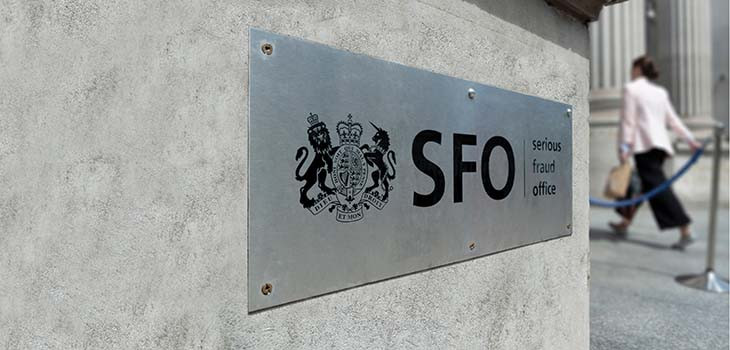
When the Roskill Report (Fraud Trials Committee Report) was published in 1986, it recommended that the government set up a new unified organisation responsible for the detection, investigation and prosecution of serious fraud cases. The government accepted the recommendation and the Serious Fraud Office (SFO) was born. It had a ‘cradle to grave’ approach and was given new powers, all designed to remedy perceived shortcomings in the investigation and prosecution of serious fraud.
However, the SFO has strayed from its initial mission statement, in at least two respects—investigation and prosecution.
Developments in the law
This has come about as a result of two developments in the law: the offence of failing to prevent bribery, and the introduction of deferred prosecution agreements (DPAs). The former means that a company commits an offence if a person connected to it anywhere in the world pays a bribe for the purpose of the company’s business, and the company did not have adequate procedures in place to prevent









